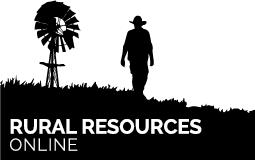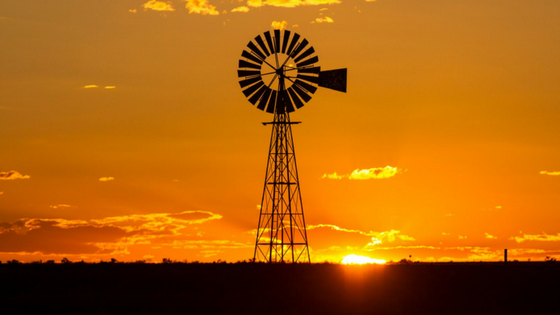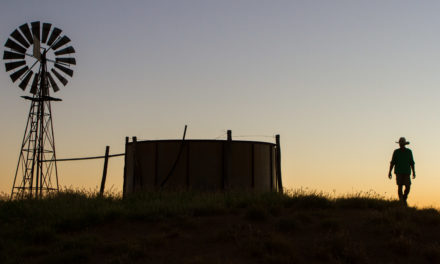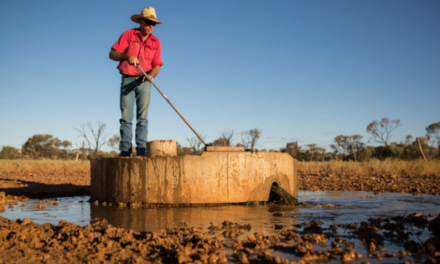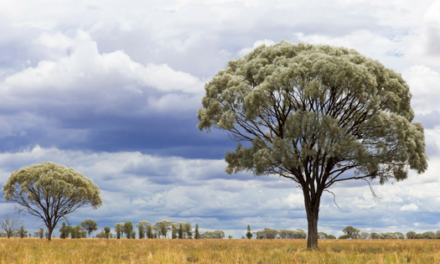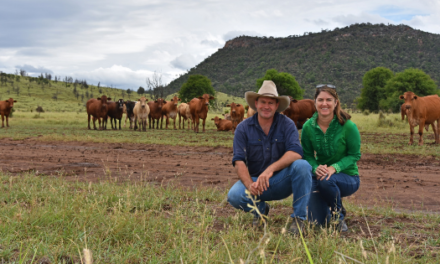A friend recently had a farm accident. It has left him with some injuries which will take time to heal. It’s been a disruption to life as usual for his family.
His wife is one of my best friends. The accident, and his debilitation, means she needs to continue to do all the work she has always done. It means she also needs to do most of his usual tasks. The work can’t stop.
I asked my friend if she could tell me the three top things that are helping her through this time. Here’s what she sent me.
- “Whatever task is put in front of me, I don’t have the option of dong it or not. It MUST be done. In our world, there’s no room for giving up or not coping. It can’t be part of our vocabulary. To say to myself ‘I can’t do this,’ isn’t helpful.
- We are a strong partnership together. In times like this when decisions need to be made, I’m fully aware of the issues, and capable of making the call. I don’t need to go back to anyone for guidance. We are a team, and he’s got my back.
- We have always been acutely aware of risk management. So, we have trained some people who can take the reins temporarily if one or both of us is out of action. This includes our young adult children who are extremely capable.”
When reading over my friend’s comments, I get a strong sense of empowerment from her words. It seems to me she knows it’s going to be tough for a while. She knows she will have to do more work. She knows she can work independently. And she knows she can, and will, ask for help as needed. She is prepared for whatever happens. She is living in the moment. She knows this time will pass. Yet for now, this is the ‘new normal’.
In a recent article, Dr Jenny Brockis, author of Future Brain, asked readers if it’s time to ‘ditch resilience’. Brockis described a new perspective on what helps us to thrive as humans. She noted several factors:
- choosing empowerment
- accepting reality
- seeking alternatives
- taking positive action
I endorse these strategies and I’d add another:
- keeping your pit crew close – my friend mentioned the team of people and family members she could call on to help.I also know that our mutual friends and her local community have been a great support.
What gets you through a crisis when you have no option but to cope? I wonder if choosing empowerment over resilience might be a useful strategy for you?
Go well.
